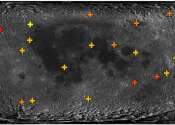The greenhouse gas that saved the world
When Planet Earth was just cooling down from its fiery creation, the sun was faint and young. So faint that it should not have been able to keep the oceans of earth from freezing. But fortunately for the creation of life, ...





